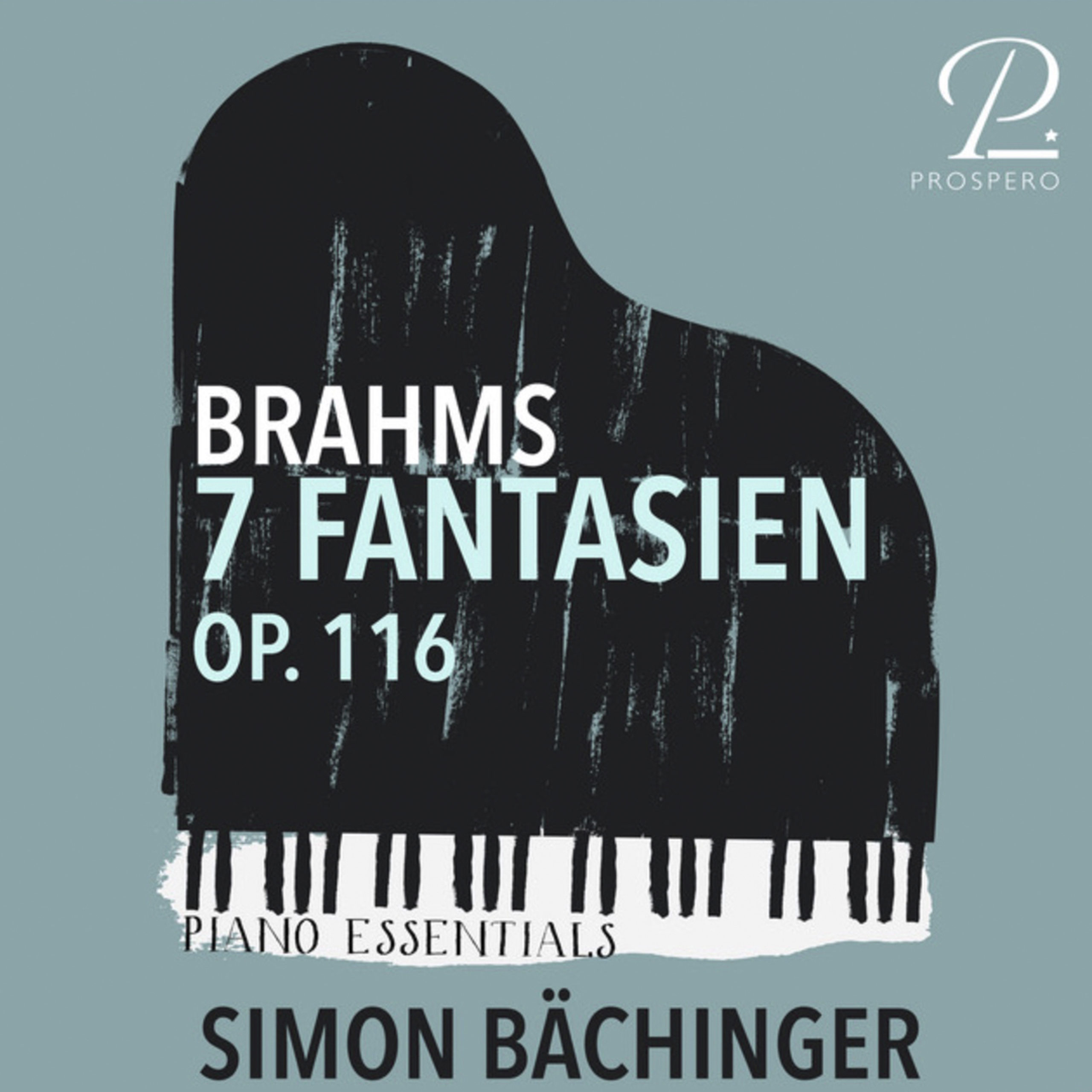Simon Bächinger spielt Brahms
Simon Bächinger spielt Brahms

Available now on:
Further Providers:

About New Album
Simon Bächinger erweckt in seiner Interpretation die feinsinnige Zwiesprache dieser Miniaturen zum Leben. Mit klanglicher Tiefe und subtiler Dynamik fängt er die Spannweite zwischen Leidenschaft und Rückzug, zwischen Sturm und zarter Lyrik ein – ganz im Geiste des späten Brahms, dessen Blick sich bereits auf Abschied und Verinnerlichung richtet.
“A true source of delight; poetry, passion, intimacy, full of the most wonderful sound effects. The pieces are, technically speaking, not difficult except for a few passages. But their spiritual technique demands a fine understanding…”
— Clara Schumann
In 1892, Johannes Brahms began composing his final piano cycle in Bad Ischl. By this time, more than five years had passed since his Fourth Symphony, and he had written nothing for solo piano in over thirteen years. Now, once again, he turned to “his” instrument—leaving behind some of the most intimate and melancholic works of his entire piano oeuvre.
Brahms struggled for some time to find the right title for this collection. Eventually, he settled on Fantasies, naming the three faster pieces Capriccio and the slower ones Intermezzo. These seven pieces are marked by great inner freedom, emotional depth, and formal maturity. Brahms himself described them as “small creations with a melancholic touch.”
In his interpretation, Simon Bächinger brings the subtle dialogue of these miniatures to life. With tonal richness and delicate dynamic nuance, he captures the spectrum between passion and withdrawal, between storm and tender lyricism—entirely in the spirit of late Brahms, whose gaze was already turning toward farewell and introspection.











